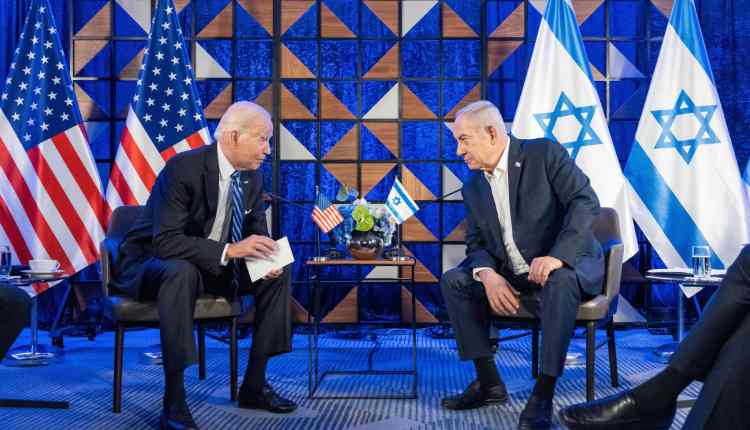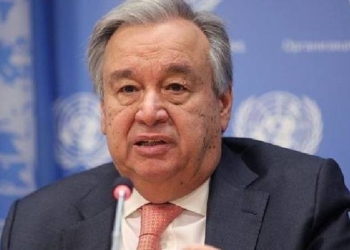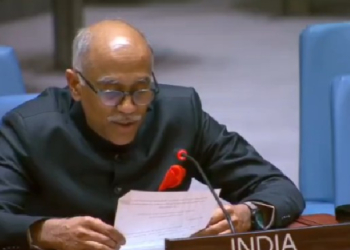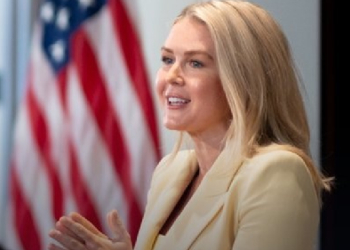Washington: US President Joe Biden is scheduled to speak to Israel Prime Minister Benjamin Netanyahu to protect Palestinian civilians in Gaza as global opinion, including that in America, mounts on the humanitarian crisis in the enclave on the 23rd day of the conflict.
The United States has already begun communicating to the Israeli government “at the highest levels” the importance of protecting civilian lives in Gaza, a top US National Security Advisor said on Sunday.
But he repeatedly declined to say whether Israel is going about its war the ‘right’ way.
National Security Advisor Jake Sullivan said Biden would speak to Netanyahu later on Sunday stressing the importance of marking the difference between terrorists and civilians as Israel has now launched pre-ground invasion into Gaza with forces moving in with tanks and soldiers supported by air strikes, reports said.
This is Biden’s first known conversation since Israel escalated its ground invasion into Gaza, which has left thousands of Palestinian civilians dead and worsened the humanitarian crisis in the enclave. Aid is just trickling in and civilians, including hundreds of Americans, have been unable to leave.
While some aid has made its way to Gaza, humanitarian workers say its a fraction of what’s required for the 2.2 million people crammed into Gaza under a blockade imposed by Israel and Egypt, CNN said.
Sullivan said Israel is solely responsible for its military operations.
“They’re the ones making decisions, they’re the ones conducting the operations,” he said, declining to openly criticise any aspect of the new military effort.
“I’m not going to react to every strike, every move that they make,” he said.
Sullivan, however, indicated that tougher conversations are on behind the scenes between senior US and Israeli officials — including Biden and Netanyahu — about the scope and intent of Israel’s incursion into Gaza.
“We have had numerous conversations about Israeli military objectives and about the steps that they have taken and intend to take to achieve those objectives,” he said.
“We’ve asked them hard questions, the same hard questions that we would ask ourselves if we were seeking to conduct an operation to take out a terrorist threat,” Sullivan said, adding, “We’ve pressed them on questions like objectives and matching means to objectives, about both tactical and strategic issues associated with this operation.”
Over 222 hostages are still being held by the Hamas, reportedly in underground cellars in Gaza, and Israel’s expanded operation into the strip could complicate any hostage negotiations or securing their release in the current scenario.
Sullivan said Hamas is “making life extremely difficult for Israel” by using civilians as human shields and placing its rocket infrastructure among civilian populations.
“That creates an added burden for Israel. But it does not lessen Israel’s responsibility under international humanitarian law to distinguish between terrorists and civilians, and to protect the lives of innocent people,” he said.
Sullivan also blamed Hamas for its reluctance to facilitate the exit of Americans stuck in Gaza to leave through the Rafah crossing into Egypt, saying the Egyptians are prepared to allow Americans and other foreign nationals to enter.
“Hamas has been preventing their departure and making a series of demands. I can’t go through those demands in public. But that is the subject of the discussions in the negotiations that are ongoing,” he said.
“We believe that Prime Minister Netanyahu does have a responsibility to rein in the extreme settlers on the West Bank, who are, as President Biden put it a few days ago, pouring fuel on the fire,” he said, adding, “We expect over time to see the Israeli government step up on this.”
(IANS)
















